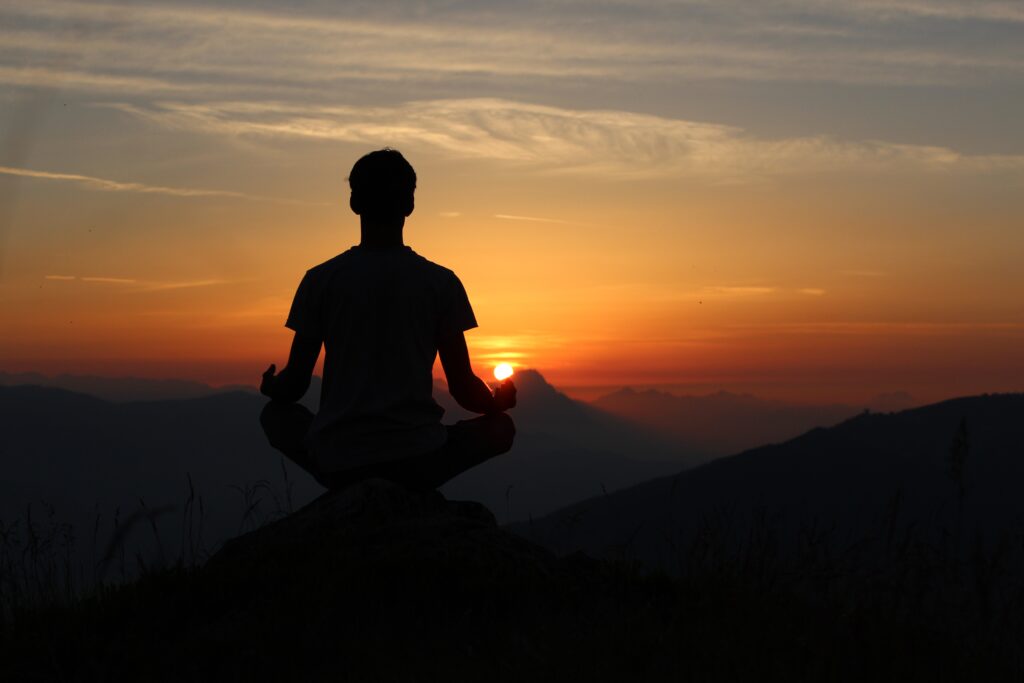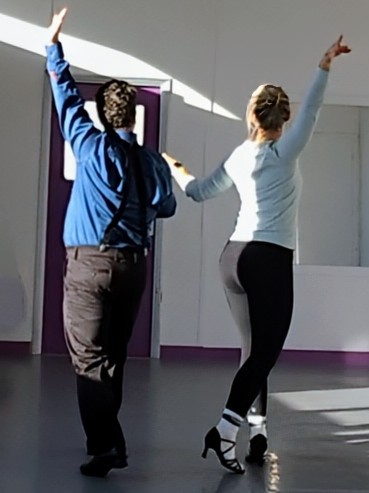It’s the BIG occasion, the BIG event, how are you feeling? Let’s talk about feeling nervous!
Occasionally we can experience feelings of nerves at some point in life, usually in response to an event or occasion. Perhaps a test (I distinctly remember my driving test!), giving presentations or speeches (including weddings), exams, competing, a race or even performing – something I am involved with at the time of writing this blog.
This blog is here to help you and give some tips on which you may find promotes a different way of thinking or viewing or feeling or sounding about feeling nervous to make change.

What are nerves?
Feeling nervous is like a mild fear or a version of mild anxiety or worry in response to an event which may be interpreted (by self) as stressful. As a result, the body reacts accordingly with cortisone levels increasing, heart rate increasing (pounding) and even sweating for some. Many mention arms, legs, lips or other parts of the body shaking as if out of control.
After hearing about the physical experience and the impact, what about the mental side? When affected by ‘nerves’, we can lose our focus and can end up retreating inside ourselves, disconnected. We experience a physical response as we start to notice our self-talk, which can be running in a negative critical voice at this time. This in turn amplifies our emotional condition or state so nerves can be called a form of an emotion or feeling.
In some situations, by this point we have lost awareness with what is going on around us and ‘ground to a halt’. For example, if during a presentation, running out of words to say or, forgetting words, sequencing of words out of order. Or in sport or an event, the body freezing, unable to move with a blank mind.
Is it right for you to remove nerves completely?
In NLP we are keen to ensure ecology by this I mean that it’s got to be right for the individual and their circumstances before making any change. After all, feeling nervous can also be helpful. Depending upon the event or challenge, we may want to keep an element of tension so that we feel sharp and really ‘onnit’. In these cases, we may want to just reduce the overall reaction to feel control.
It matters! Nerves to some of us can be a sign of how much you care about what you are doing, when it means so much to you (and also others). Chances are, you have made it personal (and rightly so for motivational reasons) so it really matters what you do and how you do it. A useful approach is check your previous experience. How does it compare to other challenges or events you have experienced in the past and if not then who do you know who has experienced similar and what did they learn or advice to share?
Let’s keep in mind that whatever it is, it has been an achievement to get to this point, reflect upon the time, energy and effort you have invested, how proud are you?

What specifically am I feeling nervous about?
This is a good way of moving our thinking from what seems like a big thing (usually linked to overwhelm) into smaller more manageable components, the detail. This enables distancing from the problem to be able to make more rational and less emotional decisions. Ask yourself, “what specifically am I feeling nervous about and when exactly does the feeling start?”
Some examples (and they are only examples there will be many more). In the context of giving a speech or presentation; is it about standing up in front of others, or is it worrying about how you may come across as you give the speech or presentation?
If it’s a performance for example dancing in a Strictly style charity event, is it worrying about getting your routine wrong or about how you are viewed by the audience watching?
Some examples on identifying exactly when the feeling of nervous starts. Do you start to feel nervous at a certain point before you are due to speak e.g. when you see a reminder for the event on your phone a number of weeks in advance? Or is it when you enter the room, or when your name is called out, or when you are walking to the lectern or as you start to stand up and open your mouth?
In the context of performance, some examples to work on (these are just a few); do you start to feel nervous when you hear the start of the famous Strictly theme tune? Or when you see a countdown in advance? Or when you walk out and see the eyes of the audience?
Once you understand what exactly you are feeling nervous about and when specifically it starts, you can start work. By turning it into a process you will find more clarity (a bit like a formula) which can change perspective from overwhelm in that “everything makes me feel nervous” to bringing someone down from overwhelm to very specific moments of detail.
Where and when has this feeling come from?
To know that you are feeling nervous means you have experienced it before in some way (or you would not be able to label it) so understanding where and when it has originated can offer a different perspective. (As well as understanding that before the first event, you did not feel nervous until you made that decision later.) Limiting decisions are made at or during past events which in time self-perpetuate into limiting beliefs. The classic “I can’t dance” is a good example! The more someone says this, the more they perpetuate their limiting belief. Understanding when they made such a decision offers a perspective that such a decision was made in some cases many years in the past when you were a different version of yourself compared to who you are now.
To make a difference to the old belief or decision start by asking yourself,” when did I decide to feel this way and for what purpose?” (After all, you are in control and you were in control then.) Understand further about what happened then by asking yourself, “what is there to learn about myself, now?” You can challenge your thinking as to why should you be listening and paying attention to a simple decision made at one event in the past which whatever reason you chose to keep hold of.
If you catch yourself feeling different about this then your thinking is changing and challenging that old belief.

Tip to Get Focused
Sometimes we can lose our focus due to feeling nervous. So we want avoid losing it in the first place. To ensure your focus is on the outside, we can use our body, in this case our eyes. In advance of the event or competition find a place where you can be on your own. Locate a fixed point on the wall to look at, which requires you to raise your eyes. Really focus sharply on that point and gradually start to use your peripheral vision to take in more of the wall surrounding that point. Then the whole of the room in front of you and by the sides.
Notice your awareness start to move from inside to outside of yourself into the room wherever you are. Then check in on your feelings and body, notice your calm and even breath. Now you are ready, your awareness should be outside of yourself as you notice everything around you giving you control. Do this every time before you start, so that it embeds as a habit. Practice it as often as you can do that you go into this ‘state’ quickly and easily.
Now that you have your control back and you are outside of yourself, you can get on and do what you really need to be doing with ease, excellence and enjoyment!
To find out more about using NLP with everyday challenges, blocks and barriers get in touch for a chat.


